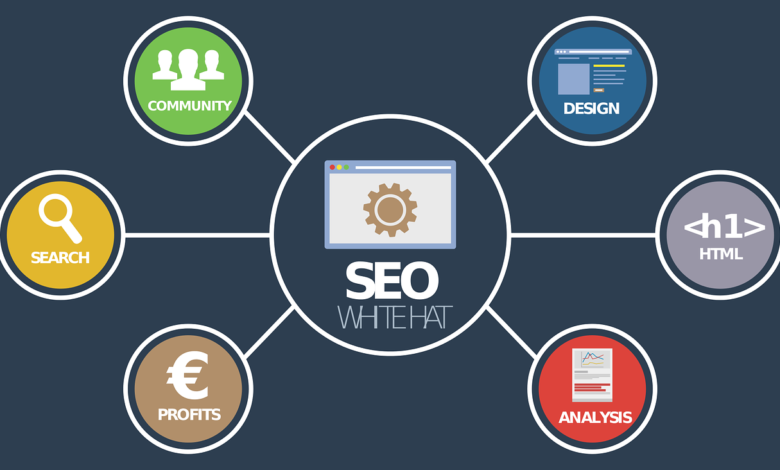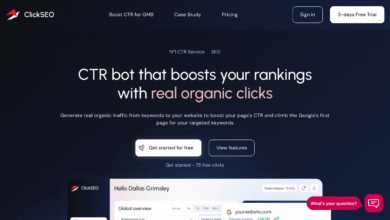Why Is SEO Important?

Search Engine Optimization (SEO) is a critical facet of online marketing and a vital ingredient for the success of any digital platform. The effectiveness of SEO is particularly significant in an overcrowded marketplace where standing out is not just a necessity, it’s a survival strategy. Below we dissect the influence of SEO on an online entity’s visibility, credibility, and overall performance.
Accessibility and Visibility
At its core, SEO is about increasing a website’s visibility in search engine results pages (SERPs). When your site ranks highly for relevant queries, it’s more likely to attract clicks from potential customers. SEO involves tailoring website content so that search engines deem it a relevant and authoritative source. When harnessed correctly, SEO can position your website in the limelight for the right audience.
Driving Organic Traffic
Organic traffic, which comes from users finding your content through a search engine query, generally comprises the largest portion of website traffic. Effective SEO strategies can drive a continuous flow of free, organic traffic. This is especially valuable because users who discover your content organically are often looking for something specific, making them highly qualified leads and potential customers.
Building Credibility and Trust
Search engines aim to provide users with accurate, relevant, and quality content. Therefore, websites that rank higher are often perceived as more trustworthy and credible by users. SEO helps establish your site’s authority through various practices, including:
- On-page optimization with quality content and good user experience,
- Off-page SEO, including backlinks from reputed sites, social media marketing, guest blogging, and
- Technical SEO, ensuring your site is fully indexed and easily navigable.
Understanding User Behavior
SEO isn’t just about search engines—it’s also about understanding what your audience wants and shaping your content accordingly. By analyzing keywords and trends in user engagement, businesses can refine their content strategy to serve their audience better. This data-driven approach ensures that SEO efforts are aligned with user intent and market demand.
The Impact of Mobile and Local Search
With the pervasive use of smartphones and tablets, SEO has expanded to optimize for local and mobile searches. Local SEO helps businesses connect with local customers, while mobile SEO ensures that your site is easily accessible on mobile devices. This highlights the necessity for agile and adaptive SEO strategies that can cater to various browsing experiences.
Importance of Link Building and Off-Page SEO
While much of SEO relates to on-site elements, off-page SEO factors like link building are pivotal in establishing domain authority. Acquiring backlinks from respected and relevant websites can significantly bolster your own site’s standing. It’s akin to a voting system where each link denotes a token of trust and validity for your content.
Link building requires a strategic approach, where collaborations with influencers, participation in industry forums, and the creation of shareable content come into play. The purpose of off-page SEO is to create a strong, organic footprint on the web that search engines recognize and reward.
Competitive Edge
SEO is not a static process; it’s progressively competitive. If your competitors invest in SEO and you don’t, your online presence may become invisible to potential customers. Conversely, by prioritizing SEO, you maintain the opportunity to outpace your competition in search rankings. To remain competitive, businesses need to continuously evaluate and update their SEO strategies.
Long-Term Strategy
SEO is a long-term investment. Unlike paid advertising which stops generating traffic the moment funding ceases, a well-implemented SEO strategy can yield sustained organic traffic. Although SEO evolves with search engine algorithms, the foundation built on optimization, quality content, and a user-focused approach endures, leading to lasting benefits.
Conclusion
In summary, Search Engine Optimization is indispensable in the digital era. Its contribution extends beyond enhancing visibility to providing in-depth insights into customer behavior, building brand credibility, and securing a competitive position online. An understanding and implementation of both on-page and off-page SEO, including proficient link-building practices, are essential to navigating the complexities of modern-day digital marketing. For anyone venturing into the realm of SEO or looking to refine their approach, recognizing the importance of these aspects will be critical in crafting a robust and effective SEO strategy.



